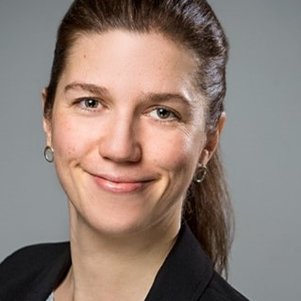webinar
Russian oil conspiracies, The blackout myth and Governance through fear
16 June 2023 16:00 till 17:00 - Location: Zoom - By: Social Innovation in the Energy Transition | Add to my calendar
Topic
Starting from the question of how and when diverse groups of people are able to learn their way out of wicked problems, I present examples of social dynamics in projects aiming at climate resilience and tipping points in the energy transition. The importance of social dynamics and situated behaviour (which is triggered by and following situational cues) is something I studied not only empirically but also addressed with agent-based modelling. Here, representing human behaviour in models is both promising (to better understand social dynamics and tipping points) and challenging (selecting and formalizing social science theory). In my talk, I provide an overview on the challenges and opportunities of including social science theory in simulation models. The talk ends with an outlook on my current work on enhancing the use of theory in models by providing research for identifying, selecting, formalizing, and incorporating theory from the social sciences.

Geeske Scholz
Geeske is an assistant professor at TU Delft, Section Energy & Industry and the Climate Action Programme. Having a background in system science (complexity science) focussing on social systems, she combines social science with social simulation. One of the challenges she works on is the formalization of psychological theory for use in agent-based models, with a current focus on the social identity approach (www.siam-network.online). Another research interest is social learning and group dynamics in different settings. Before joining TU Delft, Geeske worked as a researcher at the James Hutton Institute (Scotland), as a visiting professor at the TU Dresden (Germany), and as Akademische Rätin at the University of Osnabrück (Germany), where she also obtained her Ph.D. in 2014.
